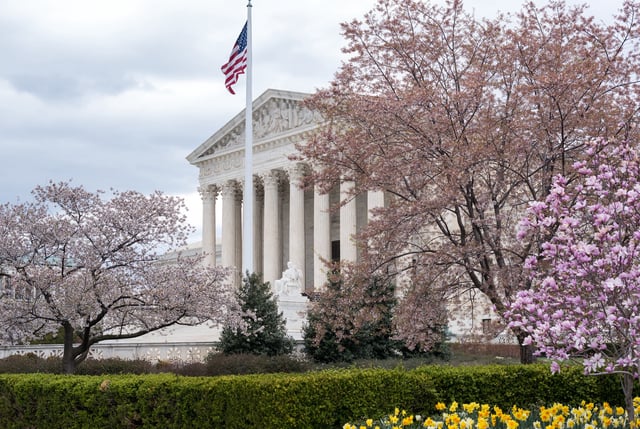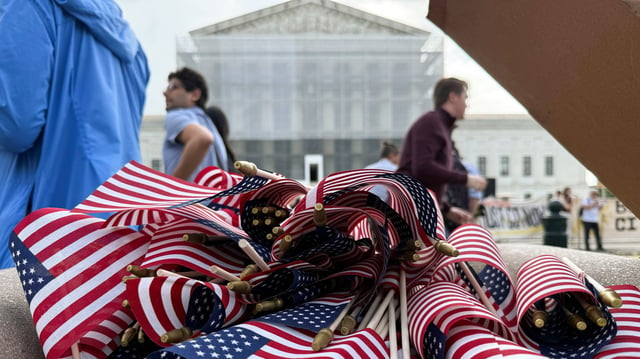Overview
- The Supreme Court recently heard oral arguments on the legality of nationwide injunctions in challenges to President Trump’s birthright citizenship executive order.
- Lower courts have ruled the executive order unconstitutional under the 14th Amendment and issued nationwide injunctions blocking its enforcement.
- Justices Sotomayor and Kagan pressed the administration on how courts can effectively halt unlawful executive actions without nationwide injunctions.
- The Court has shown growing skepticism about the Trump administration’s good faith in immigration cases, citing concerns about compliance with judicial orders.
- A decision on the scope of nationwide injunctions and the birthright citizenship cases is expected by the end of June 2025.



